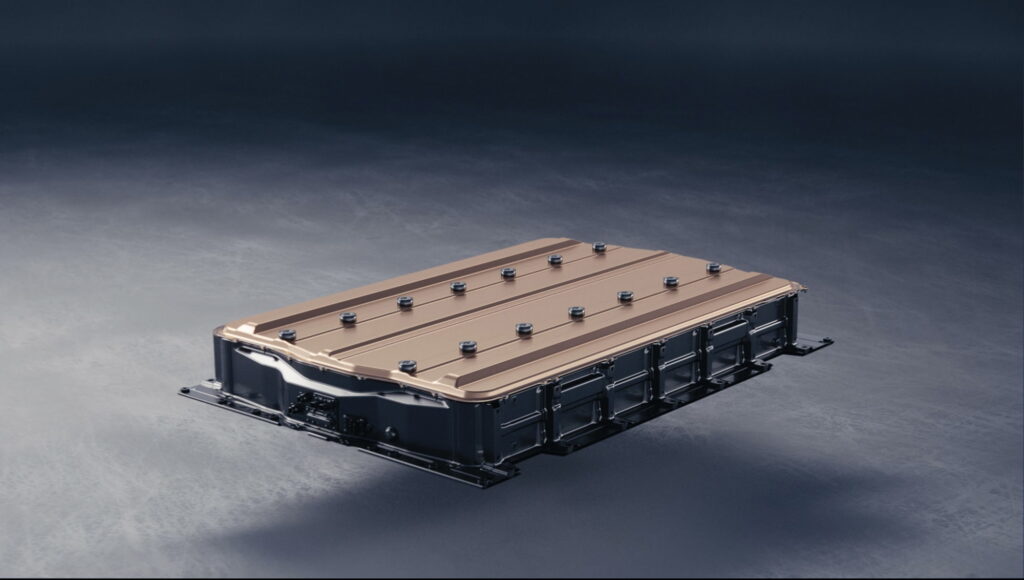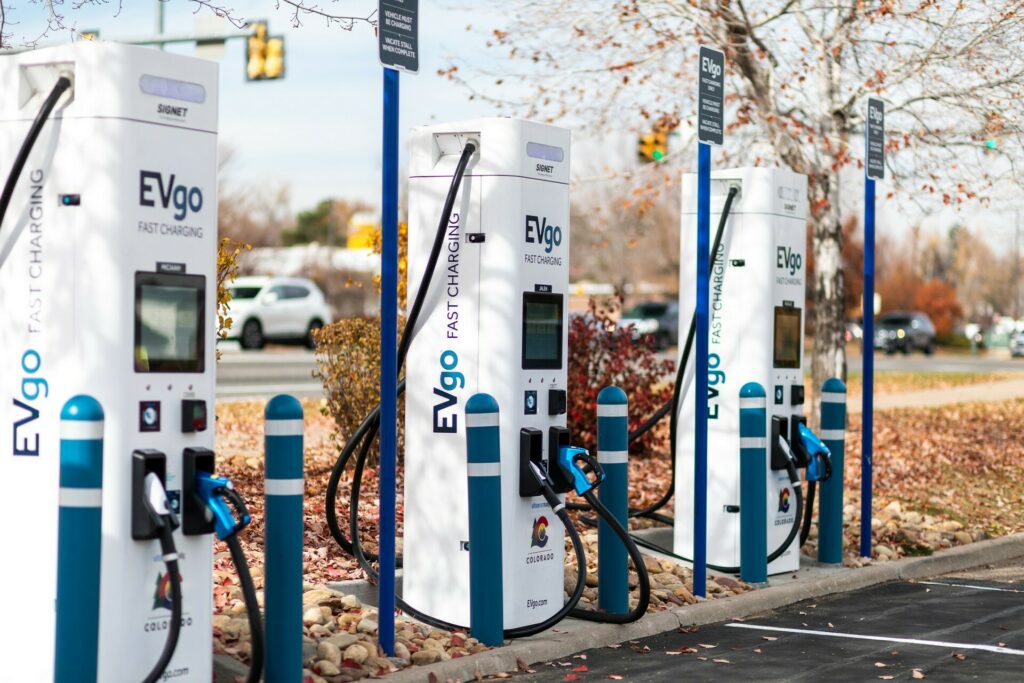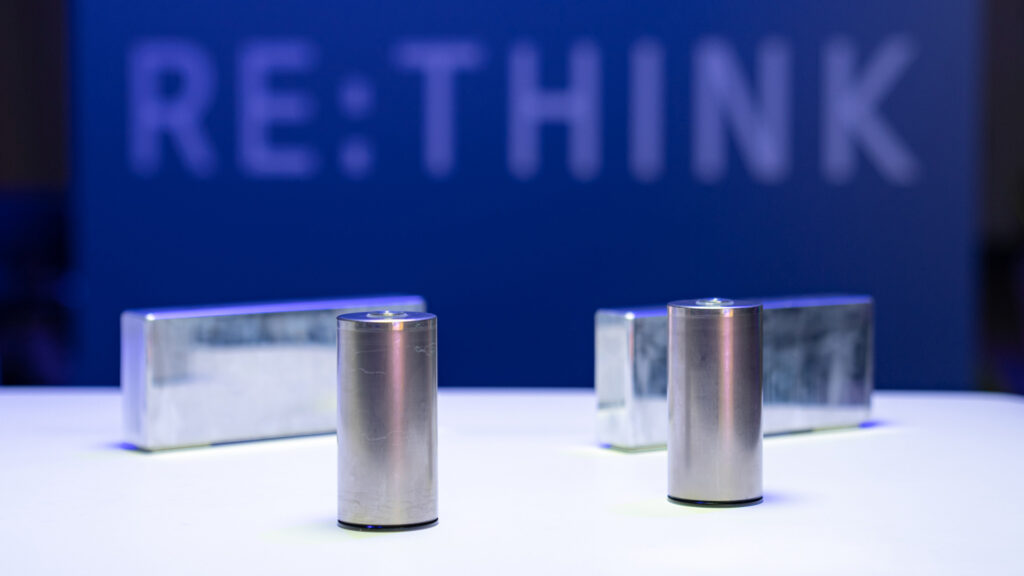More than 120 companies plan to come together to introduce ‘battery passports’ that will be based on the blockchain and allow owners to track a battery’s history. Automakers including Honda and Ford are among the consortium, as are Nissan, Mazda, General Motors, Stellantis, and BMW.
From 2026, the European Union will require digital passports for batteries. These passports will provide detailed digital records of that battery’s supply chain and state where its materials were sourced from, its percentage of recycled components, the amount of carbon dioxide emissions associated with it, and various human rights protections. Other major markets like the United States and India are considering the implementation of similar regulations.
Global companies involved in the effort have drafted standards with Amazon Web Services and Hitachi where each battery will be assigned an identification number on the blockchain. The consortium, dubbed the Mobility Open Blockchain Initiative (MOBI), also wants to trace the production of every cell within a battery to calculate its carbon footprint. Additionally, Nikkei Asia notes that MOBI plans to track the condition of a battery in real-time.
Read: Mazda In Talks To Get Tesla-Style Cylindrical EV Batteries From Panasonic

The European Parliament believes that the introduction of battery passports will allow it to better enforce recycling requirements for battery materials. The plans come at a time when sales of electric vehicles around the world are soaring, so much so that roughly 60% of all lithium demand in 2022 was for use in EVs, representing a significant spike up from around 15% in 2017.
The Mobility Open Blockchain Initiative wants other authorities outside of Europe to adopt its standards and plans to release them soon. A rival consortium by the name of Catena-X is also drafting standards for battery passports and includes members such as Volkswagen and Siemens.




